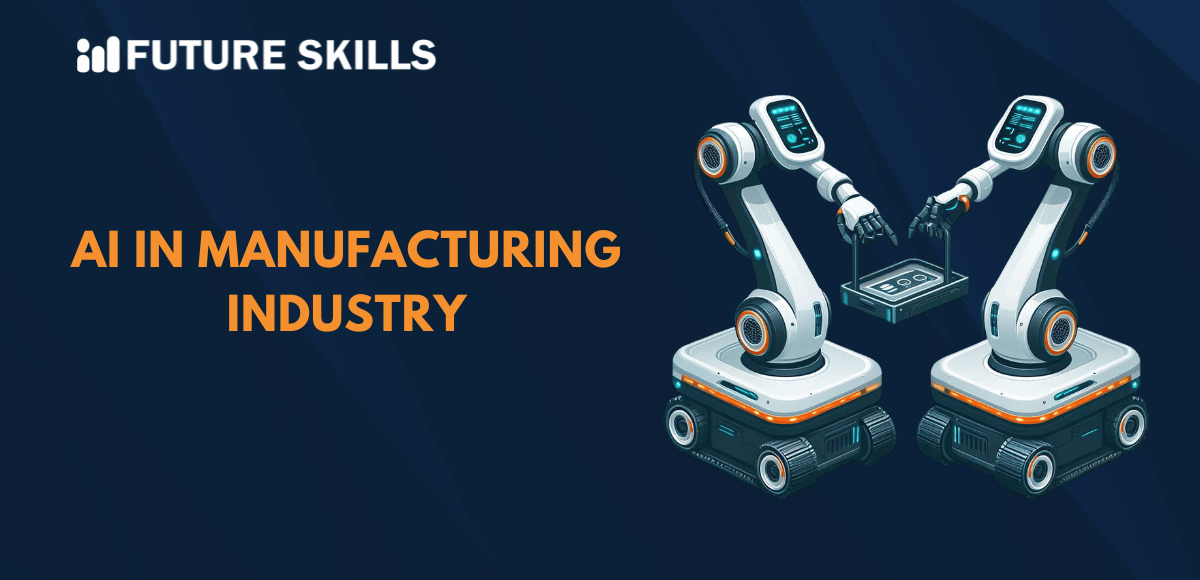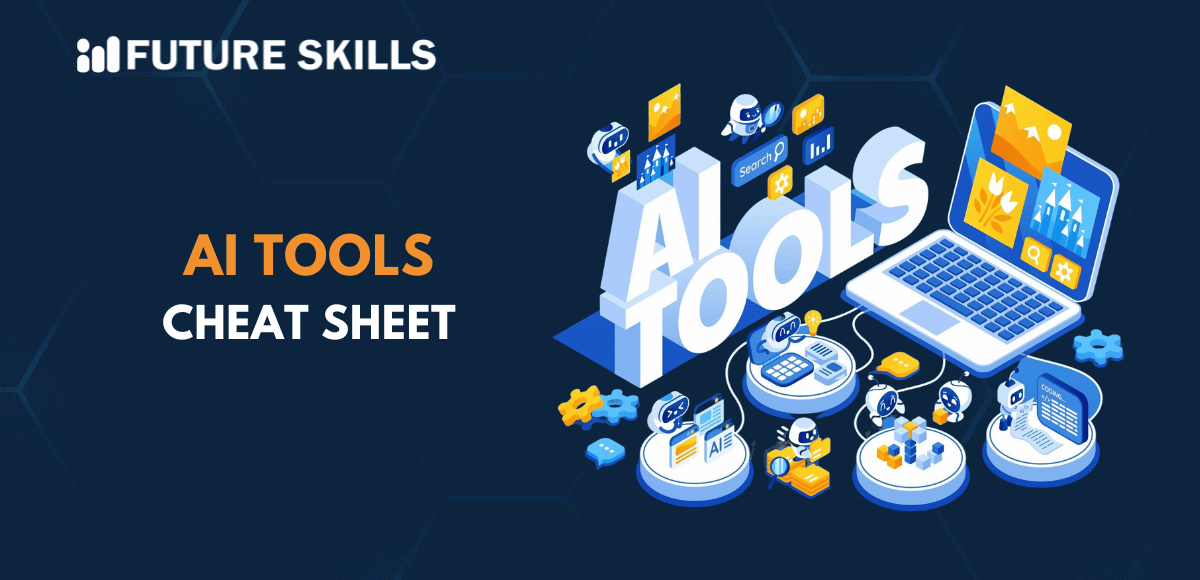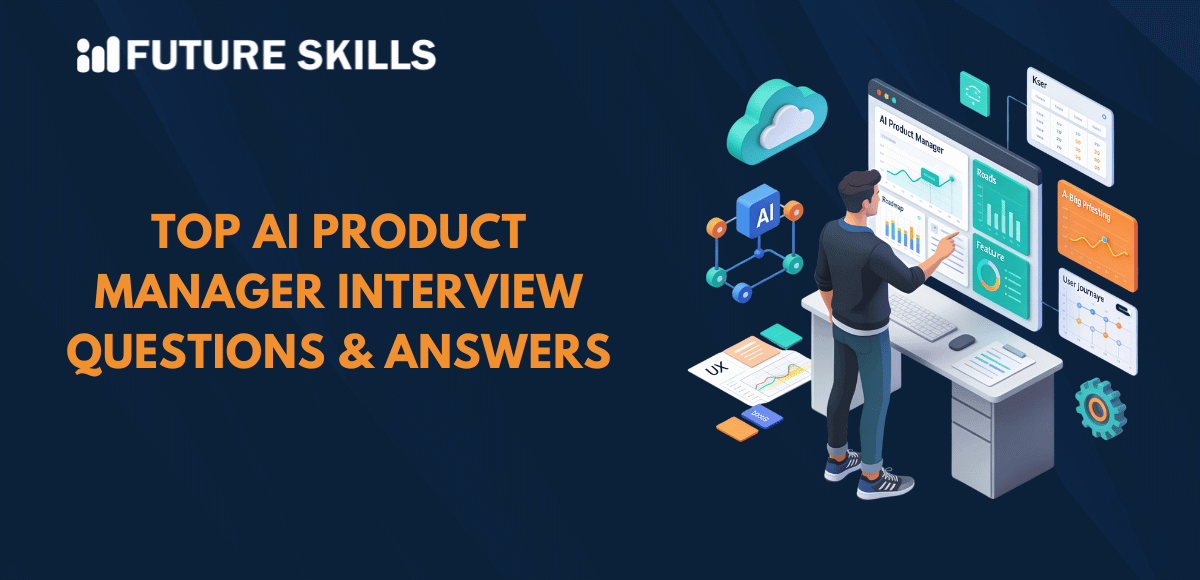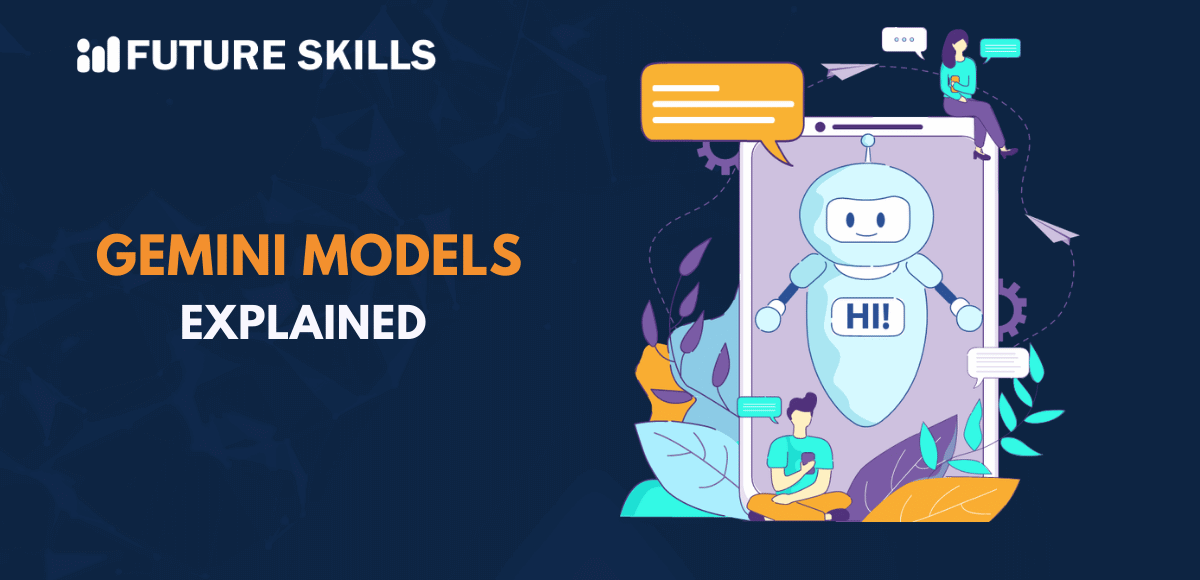The Artificial Intelligence technology has been revolutionizing diverse sectors and industries. The manufacturing sector has undergone a transformational change in recent years, thanks to the adoption of Artificial Intelligence. In fact, through AI-powered automation and predictive analytics, modern manufacturers are able to transform conventional production lines into intelligent as well as self-optimizing systems. AI is undoubtedly enhancing every stage of the manufacturing process, starting from real-time quality control and supply chain optimization to predictive maintenance.
It is high time for businesses working in the manufacturing sector to understand the strategic role of AI. The insight can certainly empower you to leverage the Artificial Intelligence technology in an optimal manner to achieve your organizational goals and objectives. So, it is time to explore how the deployment of AI in manufacturing can drive innovation while boosting productivity.
Level up your AI skills and embark on a journey to build a successful career in AI with our Certified AI Professional (CAIP)™ program.
Understanding Industry 4.0
Industry 4.0 is also referred to as the fourth industrial revolution. Artificial Intelligence, as well as Machine Learning, have been playing a catalytic role and pushing the fourth industrial revolution forward. Industry 4.0 fundamentally involves the development of smart devices that are capable of intercommunicating within a network. One has to bear in mind that AI serves as the very foundation on which Industry 4.0 is based.
The fourth industrial revolution has the potential to support smart manufacturing and develop intelligent factories. Manufacturers have been adopting novel technologies in order to facilitate real-time decision-making and improve the level of productivity. It is possible to leverage AI and ML to streamline as well as optimize a diverse range of processes and practices.
Impact of AI on the Manufacturing Industry
Artificial is considered to be a boon in the domain of manufacturing in the 21st century. The truth is that AI in the manufacturing industry has given rise to a plethora of benefits in the form of predictive maintenance as well as inventory management. Similarly, it has also improved other areas such as production planning and process control.
In case your business entity operates within the manufacturing sector, you must be able to answer the question: How does AI improve efficiency in manufacturing? The answer to the question is pretty straightforward. AI improves efficiency in manufacturing through the automation of repetitive tasks and optimization of production schedules.
With the help of Artificial Intelligence, manufacturers can also strengthen quality control by detecting defects in an effective manner. So now that you know the answer to – How does AI improve efficiency in manufacturing? It is high time to consider integrating AI technology into the manufacturing processes and practices of your business.
Enroll now in the Machine Learning Essentials Course to explore the implications of supervised, unsupervised, and reinforcement learning in diverse real-world use cases.
How is AI Revolutionizing Manufacturing?
In recent years, AI technology has brought about radical change in the manufacturing landscape. The novel technology has basically transformed traditional manufacturing factories into smart as well as data-driven production ecosystems. In order to explore the revolutionary role of AI in the manufacturing industry, you need to focus on the following areas.
-
Predictive Maintenance
Predictive Maintenance is a useful concept that involves the use of real-time data from sensors and analytics. The data is basically used for forecasting equipment failures in advance. Therefore, it allows for the timely repair of tools and equipment before their actual breakdown. The specific technologies that predictive maintenance in manufacturing leverages include Artificial Intelligence and the Internet of Things. With the help of these technologies, it is possible to monitor the health of equipment and minimize its downtime. So predictive maintenance is among the most popular AI applications in manufacturing today.
-
Quality Control
AI in the manufacturing industry has been playing a significant role in redefining quality control and inspection. It has become possible to capitalize on computer vision and machine learning to carry out automated inspections on a real-time basis. The impact of AI in the manufacturing industry has been nothing less than transformational since it enhances the level of precision and speeds up the quality control process.
-
Optimization of Supply Chain
In the manufacturing setting, supply chain optimization has become a reality at present thanks to AI. AI in the manufacturing industry has been playing a key role in analyzing as well as improving the flow of goods and information. This has been possible by leveraging AI and other novel technologies and improving inventory management. It is essential to take into consideration supply chain optimization while talking about AI in manufacturing examples.
-
Automation of Production Process
AI in the manufacturing industry has been acting as a transformational force by automating production processes. This is possible through the incorporation of intelligent and data-driven systems that are able to learn as well as adapt on a real-time basis. Artificial Intelligence supports a more flexible and resilient manufacturing environment, unlike conventional automation, which was characterized by fixed rules. The impact of AI in the manufacturing industry can be felt due to the streamlining of production practices and protocols.
Become a certified ChatGPT expert and learn how to utilize the potential of ChatGPT that will open new career paths for you. Enroll in Certified ChatGPT Professional (CCGP)™ Certification.
Key Benefits of AI in Manufacturing
The adoption of Artificial Intelligence in the manufacturing realm has given rise to a plethora of benefits. The strategic deployment of AI creates the opportunity to make manufacturing operations both faster and more efficient in nature. Some of the top benefits of AI in manufacturing are:
-
Improved Productivity
AI can automate several processes and tasks. It can thus reduce the dependence on manual processes. It can serve as a catalyst to streamline the existing processes while minimizing downtime. It can even increase the overall level of output through process optimization.
-
Reduction of costs
The high costs that may arise during manufacturing can give nightmares to manufacturers. So, you need to consider capitalizing on Artificial Intelligence. It can create the opportunity to keep a tab on rising costs. Through the automation of recurring tasks and operations, and the optimum use of resources, you can certainly control costs.
-
High flexibility
In recent times, AI has certainly been reshaping manufacturing by making production systems more flexible in nature. You do not have to worry about process rigidity if you incorporate AI technology into your manufacturing processes. With the help of AI-driven technologies, manufacturers can definitely achieve flexibility along with mass customization without having to compromise efficiency.
-
Better decision-making
AI can certainly transform raw and unintelligent data into refined and intelligent data. You can have access to a large volume of data that can help you in making well-informed and data-driven decisions. The valuable insights that you can get can empower you to adjust the production schedule as well as optimize the utilization of resources.
Final Words
Artificial Intelligence has undoubtedly emerged as a revolutionary force in the manufacturing domain. The bottlenecks that once existed in the traditional manufacturing arena are slowly vanishing thanks to AI technology. Manufacturers have the amazing opportunity to leverage AI technology and its core capabilities to streamline their manufacturing processes and practices.
You can integrate AI technology to drive automation and implement practices involving predictive maintenance. Moreover, you can revolutionize the manufacturing processes within your organization by strengthening quality control, optimizing supply chain operations, and automating production processes through AI Certification.






